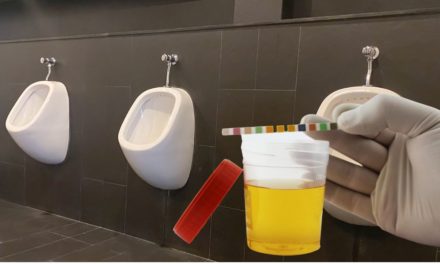Introduction
Kidney dysfunction, a condition that impairs the normal functioning of the kidneys, can have serious consequences on overall health. Recognizing the signs, understanding the underlying causes, and being aware of available treatment options are crucial for managing kidney dysfunction effectively. In this comprehensive article, we will delve into the world of kidney dysfunction, exploring its causes, symptoms, effects on individuals, and the range of treatment approaches available. By fostering awareness and understanding, we aim to provide valuable insights into kidney dysfunction and empower individuals to address this condition, leading to improved kidney health and enhanced overall well-being.
Understanding Kidney Dysfunction
Kidney dysfunction refers to impaired kidney function, which can lead to the accumulation of waste and toxins in the body.
Common Causes
Kidney dysfunction can result from various factors, including:
- Chronic kidney disease (CKD)
- Diabetes mellitus
- High blood pressure (hypertension)
- Kidney infections or inflammation
- Kidney stones or obstructions
Identifying Symptoms
Common symptoms of kidney dysfunction may include:
- Fatigue and weakness
- Swelling in the legs, ankles, or face
- Changes in urine color or frequency
- Persistent high blood pressure
- Shortness of breath
Effects on Individuals
Kidney dysfunction can lead to:
- Accumulation of waste and toxins in the body
- Fluid and electrolyte imbalances
- Anemia and bone health issues
- Impaired kidney filtration
Treatment and Management
Lifestyle Modifications:
- Following a kidney-friendly diet with reduced sodium and protein intake
- Managing blood pressure and diabetes through medications and lifestyle changes
- Staying hydrated and avoiding excessive alcohol intake
Medications:
- Prescription medications to manage blood pressure, reduce proteinuria, and control blood sugar levels
- Iron supplements to address anemia
Dialysis or Kidney Transplant:
- In advanced cases, dialysis or kidney transplantation may be necessary to replace lost kidney function.
Preventive Measures
Preventing kidney dysfunction involves:
- Maintaining a healthy lifestyle, regular exercise and a balanced diet
- Monitoring blood pressure and blood sugar levels
- Stay hydrated and avoid excessive alcohol and smoking
Seeking Professional Help
If you experience persistent symptoms of kidney dysfunction, consult a healthcare provider for proper diagnosis, personalized treatment plans, and advice on managing the condition.
Result
Kidney dysfunction, though challenging, can be managed effectively with proper care and treatment. By understanding its causes, recognizing symptoms, and adopting preventive strategies, individuals can navigate kidney dysfunction with resilience and determination. Through practical remedies, lifestyle adjustments, and timely medical attention, individuals can experience improved kidney health, reduced discomfort, and enhanced overall well-being. Let us stand united in raising awareness, advocating for proper care, and championing a world where everyone can manage kidney dysfunction effectively, promoting optimal kidney health and leading a life free from the challenges of impaired kidney function.










